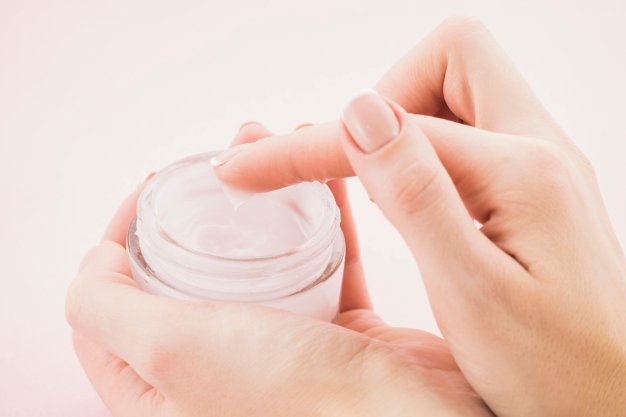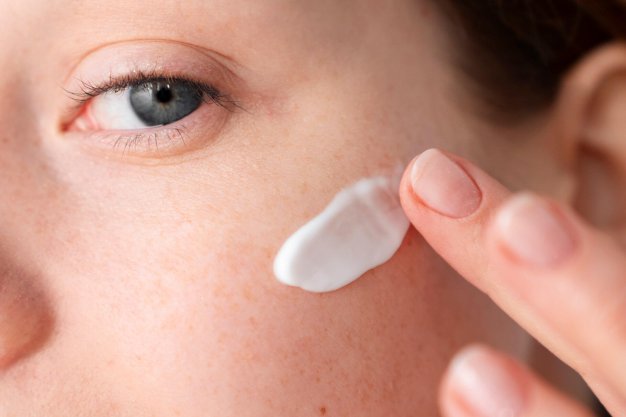
Why skin type matters and how to find out
Knowing your skin type is the first step to effective skincare. The required products and care methods vary depending on the skin type. Incorrect products can cause skin troubles, and improper care can accelerate skin aging.
Understanding your skin type helps prevent skin problems and maintain optimal skin condition. For instance, oily skin tends to have more sebum, making acne more likely, but appropriate products can control this. Conversely, dry skin is prone to wrinkles due to a lack of moisture, which can be prevented with suitable moisturizing products.

Main Skin Types and Characteristics
Dry Skin
Dry skin lacks moisture and oil, making it rough and prone to wrinkles. It can feel tight and develop flakes. Using highly moisturizing products and providing ample hydration are essential for dry skin.
Oily Skin
Oily skin has active sebum production, causing a shiny appearance and making acne more likely. The skin can feel thick with enlarged pores. Controlling sebum and thorough cleansing are crucial for oily skin.
Combination Skin
Combination skin has an oily T-zone (forehead, nose, chin) and dry U-zone (cheeks, under eyes). This type requires different care for each area. The T-zone needs sebum control, while the U-zone needs moisture.
Since sensitive skin
Sensitive skin reacts easily to external stimuli, showing symptoms like redness, itching, and stinging. Gentle, non-irritating products are necessary, and protecting the skin is crucial.
Normal Skin
Normal skin has a well-balanced oil and moisture level without significant issues. However, basic care is still needed, and the skin's condition can change with the seasons.

How to Know Your Skin Type
Observation After Washing
Observe your skin an hour after washing without applying any products. If it feels tight and dry, it's likely dry skin. If it looks shiny and oily, it's oily skin. Combination skin will show oiliness in the T-zone and dryness in the U-zone, while redness or irritation suggests sensitive skin.
Using Skin Test Paper
Use skin test paper on different parts of your face to measure oil levels. If the paper picks up a lot of oil, you have oily skin; moderate oil indicates normal skin, and little to no oil suggests dry skin.
Consulting a Professional
Visiting a dermatologist for a professional skin type test is the most accurate method. Professionals use specialized equipment to analyze your skin and recommend appropriate products and care methods.

How to care for your skin type
Implementing the right care for each skin type can improve and maintain skin condition.
Dry Skin Care
For dry skin, moisturizing is key. Apply toner and essence immediately after washing your face to provide hydration, followed by a rich cream to lock in moisture. Regular use of hydrating masks can also be very effective. Here, TALLO Sweetie Clear Skin 4-Piece Setis highly effective for dry skin. This set includes a pad, toner, serum, and cream, all featuring Israeli grapefruit extract as a key ingredient. These products work together to provide the necessary moisture and nutrients to keep dry skin hydrated and healthy.
Oily Skin Care
Oily skin requires sebum control and thorough cleansing. Use a toner with sebum-regulating properties and a light moisturizer. Opt for oil-free products and use deep cleansing masks regularly to keep pores clean.
Combination Skin Care
Combination skin needs different care for different areas. Use sebum control products for the T-zone and moisturizing products for the U-zone. A light gel-type moisturizer that provides overall hydration is ideal.
Sensitive Skin Care
Sensitive skin needs gentle, non-irritating products. Choose products free from alcohol, fragrances, and dyes. Look for products containing soothing ingredients. Avoid harsh cleansing methods and wash gently.
Normal Skin Care
Normal skin should maintain its balance with light moisturizers and hydration creams. Adjust your routine with additional products as needed based on seasonal changes.

The need for expert consultation based on skin type
Consulting a professional for accurate skin type assessment and proper care is essential. Dermatologists or skincare experts can analyze your skin and recommend products and care methods tailored to your needs. Professional advice is especially important if you have persistent or severe skin issues.
Knowing your skin type and practicing the right care can help you maintain healthy, beautiful skin. The right Skincare routinesto customize your regimen to your skin type.
